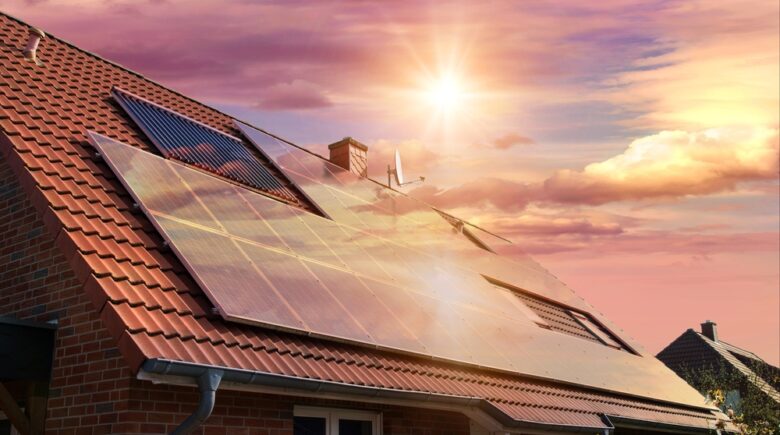If you’re new to the concept of renewable energy, you’ve come to the right place. With growing concerns about the depletion of fossil fuels and the need for sustainable solutions, interest in renewable energy is at an all-time high.
Fossil fuels, such as coal, natural gas, and oil, are non-renewable energy sources. While these resources occur naturally, they are finite and will eventually run out. This is where renewable energy comes in, offering a sustainable alternative that could become indispensable in powering the future.
What Is Renewable Energy?
Renewable energy is derived from natural resources that replenish themselves and are virtually inexhaustible. These sources include sunlight, wind, water, geothermal heat, and organic materials like plants. There are various methods to harness energy from these resources:
- Solar Energy: Captured using solar panels, sunlight is converted into electricity.
- Wind Energy: Wind turbines, which resemble windmills, spin to generate electricity via a connected generator.
- Hydropower: Energy is produced by the movement of water, such as rivers or dams.
- Geothermal Energy: Heat from beneath the Earth’s surface can be used to generate electricity or provide heating.
- Biomass Energy: Organic materials like wood or agricultural waste are burned to produce heat or electricity.
These renewable energy sources can power homes, schools, and businesses without depleting the Earth’s resources. It’s no wonder renewable energy is seen as a game-changer for the planet’s future.
Why Is Renewable Energy Important?
Many experts believe renewable energy could one day replace non-renewable energy entirely. Below are six key reasons why renewable energy is vital for the future of our planet:
1. Renewable Energy Is Cleaner and Healthier
Burning fossil fuels releases harmful pollutants into the air, impacting both the environment and human health. In contrast, renewable energy sources like solar, wind, and hydropower produce little to no emissions, significantly reducing air pollution and combating climate change. Cleaner energy means cleaner air and water, fostering a healthier planet for everyone.
2. It’s Practically Unlimited
By definition, renewable energy sources are replenishable. The sun will continue to shine, the wind will keep blowing, and water will flow for generations to come. Unlike fossil fuels, which are bound to run out, renewable energy offers a sustainable solution. While extreme natural disasters could disrupt these resources temporarily, their overall availability is virtually assured.
3. Renewable Energy Saves Money Over Time
Although installing renewable energy systems can be expensive upfront—residential wind turbines cost between $15,000 and $75,000, and solar panel systems start at around $16,000—the long-term benefits are significant. Once set up, these systems require minimal maintenance and incur no fuel costs, leading to substantial savings on energy bills. In the long run, renewable energy becomes a cost-effective choice for families, businesses, and governments.
4. It Creates New Job Opportunities
The renewable energy sector is booming, generating millions of jobs worldwide. From manufacturing solar panels to maintaining wind farms, this industry offers diverse employment opportunities. As economies evolve and demand for renewable energy grows, this sector will continue to drive job creation, supporting both environmental sustainability and economic stability.
5. It Can Power Everything—From Homes to Entire Cities
Renewable energy has the potential to power every aspect of modern life. Solar panels can supply electricity to individual homes, wind turbines can energize entire communities, and renewable energy systems can even charge electric vehicles. This versatility makes it possible to reduce dependence on fossil fuels entirely, paving the way for a cleaner and more sustainable world.
6. It Reduces Dependence on Imported Oil and Gas
Many nations heavily rely on imported fossil fuels, making them vulnerable to price fluctuations and supply disruptions caused by geopolitical events. Renewable energy allows countries to produce their own power using local resources, enhancing energy security and reducing reliance on foreign energy supplies.
Building a Brighter Future
Investing in renewable energy is an investment in the health and sustainability of our planet. By adopting cleaner energy sources, we can combat pollution, reduce greenhouse gas emissions, and create a safer environment for future generations. While challenges remain, the promise of renewable energy offers hope for a brighter, more sustainable future.
Switching to renewable energy isn’t just about saving resources—it’s about creating a world where clean air, water, and energy security are realities for everyone.



